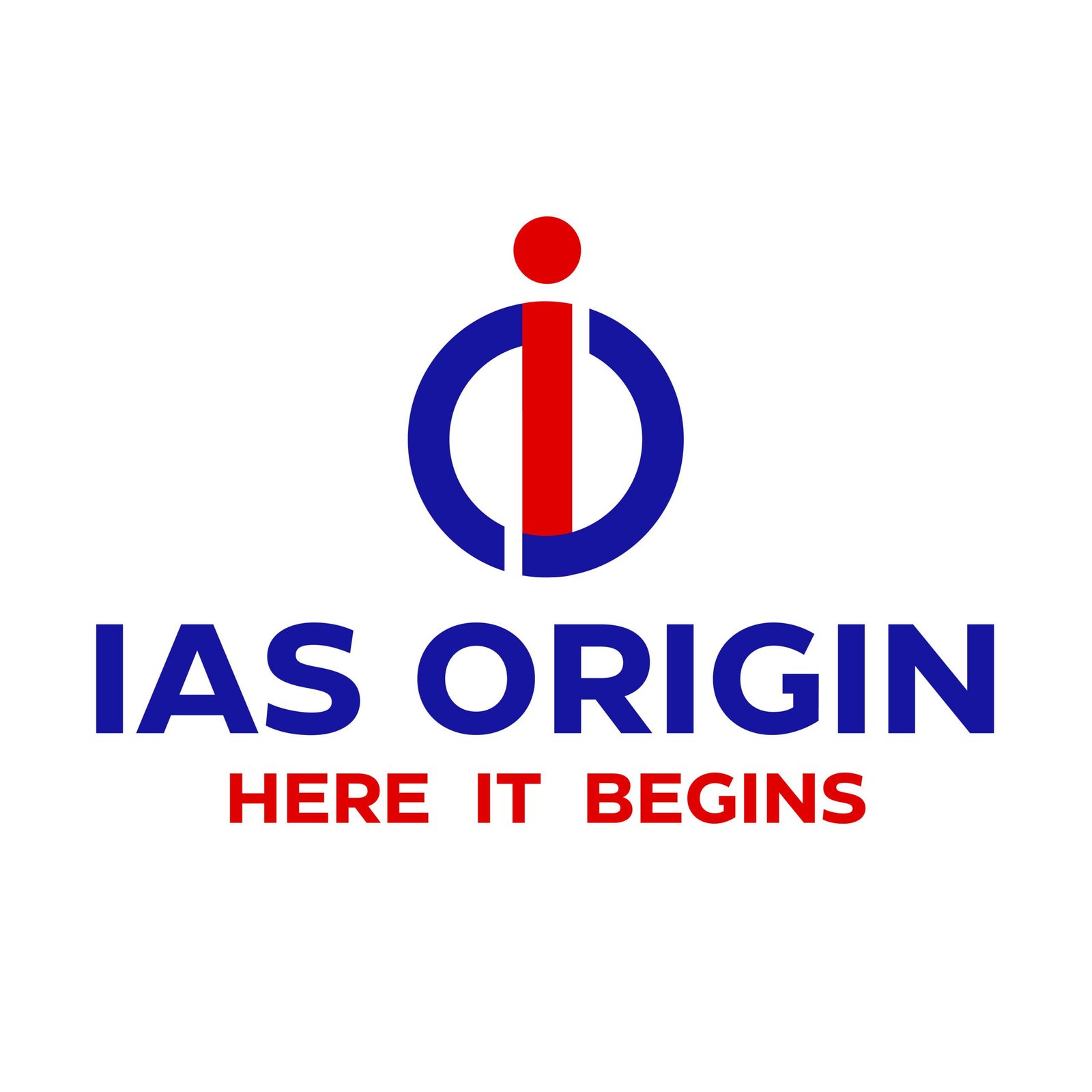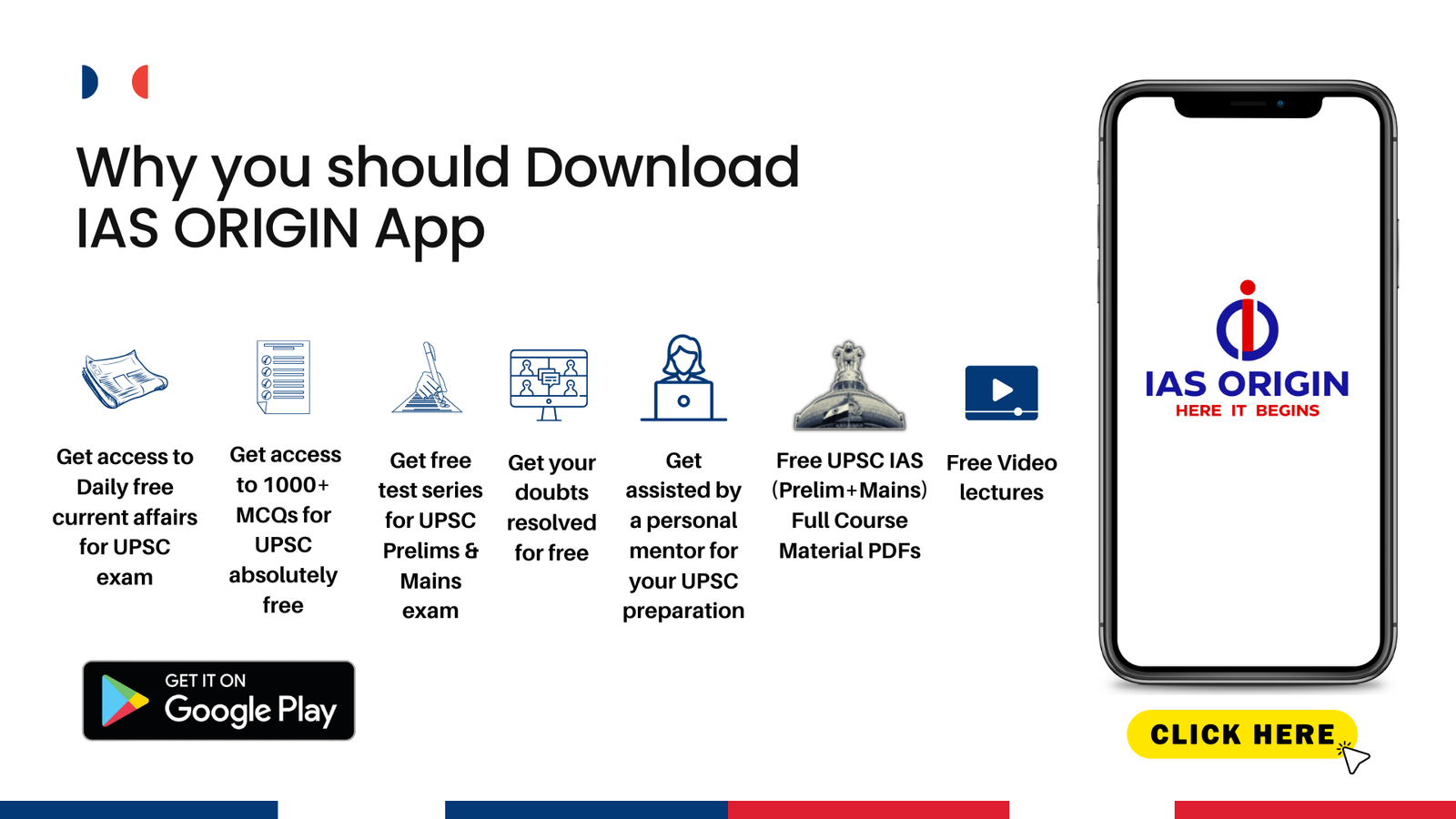Understanding UPSC Civil Service Examination: The Ultimate Goal
- Every year lakhs of aspirants appear for UPSC CSE examination.
- The exam is conducted in three phases to select the candidates for several government posts.
Every year the Union Public Service Commission of India conducts UPSC CSE to select candidates who can take the nation forward. There are about 24 services that come under the umbrella of Civil Services Examination, including Indian Administrative Service (IAS), Indian Foreign Service (IFS), Indian Police Service (IPS) to name a few.
The examination takes place in three stages, Prelims, Mains & Interview. Every year approximately 10,00,000 aspirants fill the Prelims form, out of which nearly 6,00,000 appear for the examination, but only about 10,000 get selected for the Mains. Out of these 10,000 selected candidates only 6,000 clears this level and appear for the final phase of the interview. Finally only about 1,000 to 1,200 gain success to be called a civil servant. Aforementioned figures change every year, but the selection percentage remains nearly similar.
The Three Stages of UPSC CSE
The UPSC CSE is considered to be one of the most difficult examinations on the planet. An aspirant has to cross the three consecutive stages to become an Officer. Stages are as follows.
Phase | Name | Format | Details | Maximum Marks |
Phase I | Preliminary Examination | Objective Type | GS+ CSAT | 400 |
Phase II | Mains Examination | Written | 8 papers | 1750 |
Phase III | Personality Test | Interview | 1 Round | 275 |
Grand Total | 2025 |
Phase I: UPSC CSE Prelims Examination
This is the first stage of the examination and consists of two papers, conducted in a day. Both the papers are based on objective types multiple choice questions (MCQs). It is the qualifying stage to filter candidates for the mains exam. The marks secured at this stage are not counted towards the final merit list, but still an aspirant needs to beat the cutoff to be selected.
Paper | Type | No. of Question | Max. Marks | Duration | Negative Marking |
General Studies I | Objective | 100 | 200 | 2 Hrs | Yes |
General Studies II (CSAT) | Objective | 80 | 200 | 2 Hrs | Yes |
Note: Out of 400 marks, aspirants have to score a minimum of 33% marks for General Studies II, CSAT. The cutoff marks for General Studies I are released by the UPSC.
Phase II: UPSC CSE Mains Examination
This is the second stage consisting of 9 papers conducted in the span of 5-7 days. Only the candidates qualified for Phase I are entitled to appear for this stage. As per the exam pattern all the papers consist of descriptive answers. It is an exhaustive phase and the marks scored here directly affect the final score. Also, this phase is the key factor in merit declaration.
Paper | Subject | Duration | Max. Marks |
Paper A | Compulsory Indian Language | 3 Hrs | 300 |
Paper B | English | 3 Hrs | 300 |
Paper 1 | Essay | 3 Hrs | 250 |
Paper 2 | General Studies I | 3 Hrs | 250 |
Paper 3 | General Studies II | 3 Hrs | 250 |
Paper 4 | General Studies III | 3 Hrs | 250 |
Paper 5 | General Studies IV | 3 Hrs | 250 |
Paper 6 | Optional I | 3 Hrs | 250 |
Paper 7 | Optional II | 3 Hrs | 250 |
Aspirants appearing for this phase have to undertake 9 papers categorised in two sets. In the first set Paper A & B, they have to score minimum qualifying marks. While in the second set from Paper 1 to 7, aspirants are judged on their merit. Paper A is not compulsory for candidates from States of Arunachal Pradesh, Manipur, Meghalaya, Mizoram, Nagaland & Sikkim. The subject covered in the General Studies papers are as follows.
General Studies I | General Studies II | General Studies III | General Studies IV |
Indian Heritage & Culture | Governance | Technology | Ethics |
History & Geography of the World | Constitution | Economic Development | Integrity |
Society | Polity | Biodiversity | Aptitude |
Social Justice | Environment | ||
International Relations | Security & Disaster Management |
All the papers except the language papers A & B can be answered in English or any of the languages in the 8th Schedule of the Constitution of India. The optional papers can be answered in English even if none of the other papers has been answered by the candidate in English.
Phase III: UPSC CSE Interview (Personality Test)
This is the final stage of the UPSC CSE exam pattern before the final results are declared. It is officially called the Interview or Personality test and is counted as a subset of Mains examination for merit ranking purposes. From a preparation standpoint it is considered as the third and final stage used to assess the suitability of an aspirant for the desired post.
A board of competent and unbiased observers conduct the personality test to judge the mental calibre of a candidate. The final rank of the candidate in the merit list depends upon the marks scored in written and interview combined.
UPSC Civil Service Exam Posts:
The civil services examination posts are categorised in two categories Group A & Group B. The basic set includes the Indian Administrative Services (IAS), Indian Police Service (IPS), and the Indian Foreign Service (IFS).
Sr. No. | All India Services |
1 | Indian Administrative Services (IAS) |
2 | Indian Foreign Service (IFoS) |
3 | Indian Police Service (IPS) |
Furthermore these are classified in two distinct groups. Group A consists of 18 other services, while Group B has five services under it.
Sr. No. | Group A Services | Sr. No. | Group A Services |
1. | Indian Foreign Services (IFS) | 10. | Indian Railway Traffic Service |
2. | Indian P&T Accounts & Finance Service | 11. | Indian Railway Accounts Service |
3. | Indian Audit & Accounts Service | 12. | Indian Railway personnel Service |
4. | Indian Revenue Service (Customs & Central Excise) | 13. | Post of Assistant Security Commissioner in Railway Protection Force |
5. | Indian Defence Accounts Service | 14. | Indian Defence Estates Service |
6. | Indian Revenue Service (I.T.) | 15. | Indian Information Service (Junior Grade) |
7. | Indian Ordnance Factories Service (Assistant Works Manager, Administration) | 16. | Indian Trade Service |
8. | Indian Postal Service | 17. | Indian Corporate Law Service |
9. | Indian Civil Accounts Service | 18. | Indian Revenue Service (CBEC) |
Group B consists of five services, as shown below.
Sr. No. | Group B Services |
1. | Armed Forces Headquarters Civil Service (Section Officer’s Grade) |
2. | Delhi, Andaman & Nicobar Islands, Lakshadweep, Daman & Diu and Dadra & Nagar Haveli Civil Service |
3. | Delhi, Andaman & Nicobar Islands, Lakshadweep, Daman & Diu and Dadra & Nagar Haveli Police Service |
4. | Pondicherry Civil Service |
5 | Pondicherry Police Service |
Eligibility Criteria for UPSC CSE
Following are the eligibility criteria for the Union Public Service Commission Civil Service Examination.
- Candidates must hold a graduation degree from Government recognised Universities or equivalent.
- Candidates in their final year awaiting results are also eligible for Prelims.
- But have to produce a proof of having passed during application filing for Mains.
- Must be a citizen if India, a person of Indian Origin, or a subject of Nepal, Bhutan or Tibet settled in India before January 1, 1962.
- Must be between the age of 21 and 32.
- General Category: 32 years & 6 attempts.
- OBC: 32+3 years & 9 attempts.
- SC/ST: 32+5 years & Unlimited attempts.
- Physically disabled: 32+10 years & 9 attempts
- For Gen/SC/ST/OBC/ Person with Benchmark Disability gets 9 attempts.
- SC/ST candidates get unlimited attempts.
- Jammmu & Kashmir Domicile: 32+5 years.
- Extra 3 years is added for OBC & extra 5 for SC/ST candidates.
- Disabled & discharged Defence service personnel: 32+3 years.
- Extra 3 years is added for OBC & extra 5 for SC/ST candidates.
- Ex.Servicemen Commission Officer: 32+5 years.
- Extra 3 years is added for OBC & extra 5 for SC/ST candidates.
We at IAS Origin firmly believe that everyone have the potential to become a successful civil servant. They only need proper guidance and will, our team of experienced faculty and others are here to help you traverse the landscape. We wish you all the best for your next attempt.

